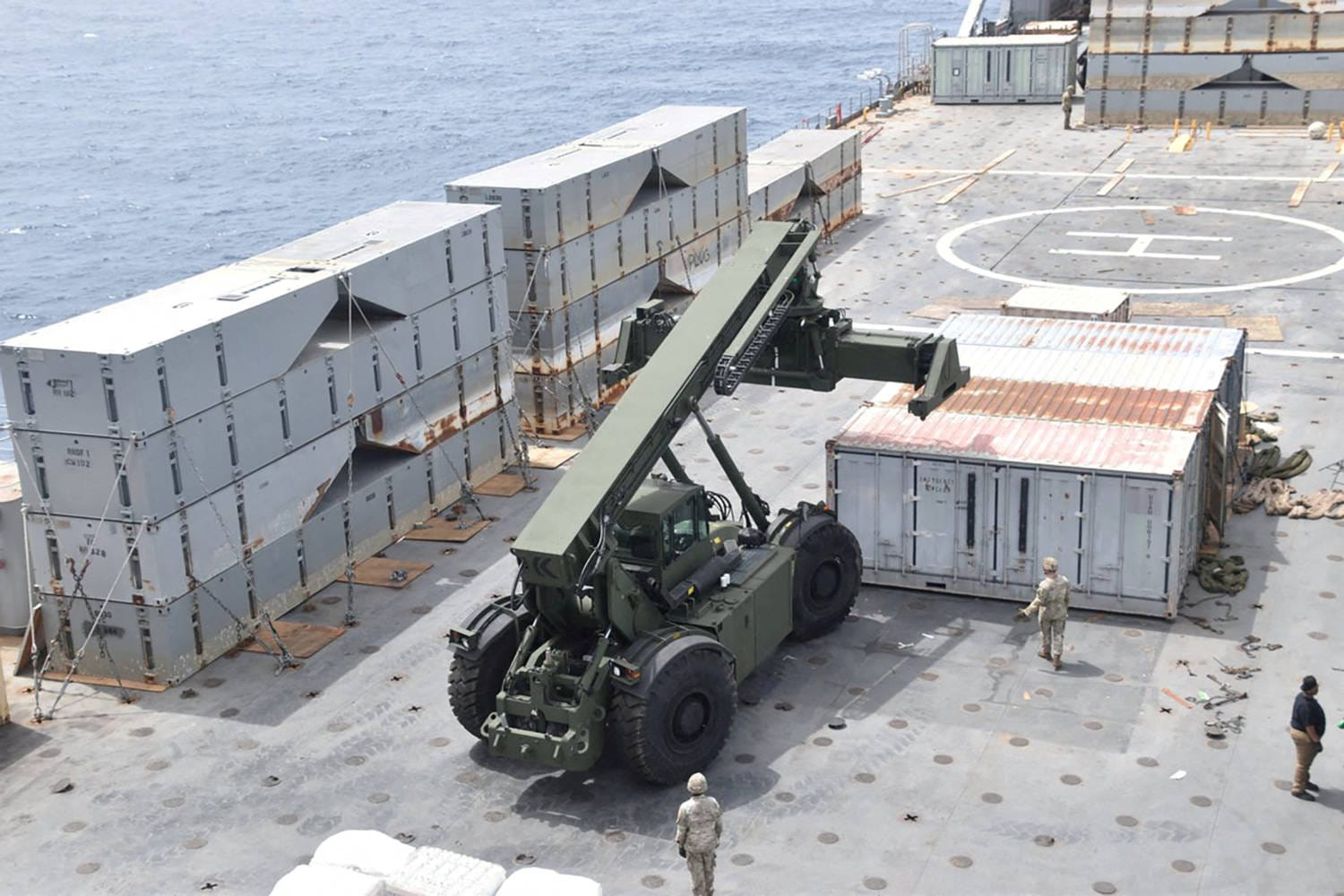“`html
A Complex Path for Aid
In a significant move to address the humanitarian crisis in Gaza, The United States anchored a temporary floating pier to a beach on Thursday, aiming to enhance aid deliveries to the war-torn enclave. Despite the strategic setup, Washington is encountering the same distribution challenges that have long plagued the United Nations and relief groups. These challenges include operating within a war zone, preventing famine, and dealing with a dire shortage of fuel for aid trucks. The UN’s role in aid distribution after it reaches the shore remains in negotiation.
The pier’s establishment follows President Joe Biden’s announcement in March and is seen as an alternative to land routes, which have been difficult to access. The project, costing an estimated $320 million and involving 1,000 U.S. troops, has faced delays due to bad weather. The UN maintains that maritime access should complement, not replace, land routes for aid delivery.
Despite the challenges, aid deliveries via sea are progressing. A British shipment recently departed from Cyprus, and a U.S.-flagged vessel left last week. The pier is expected to handle an initial 90 trucks a day, potentially increasing to 150 trucks. This figure falls short of the UN’s stated need for 500 trucks a day to enter Gaza.
A severe fuel shortage has led to rationing by the UN, with warnings that aid operations might cease without adequate diesel. However, U.S. officials and sources indicate that there is enough fuel available to commence operations at the pier. The Israeli military has reportedly agreed to provide regular and predictable fuel supplies for the operation.
The distribution of U.S.-delivered aid on land involves a complex process. Aid will be shipped from Cyprus, inspected by Israel, and then handled by third parties who will transport it to UN collection points. Plans are in place for UN staff to oversee and direct aid trucks across Gaza, though approval from the UN Department of Safety and Security is pending.
Security remains a critical concern, with a UN team having to seek shelter during a recent visit to the pier site. The UN is working to ensure neutrality and safety by coordinating with the Israeli military, which will provide support for the pier’s operations without direct contact with UN staff.
As discussions between the U.S. and the UN continue, deputy UN spokesperson Farhan Haz confirmed that talks regarding aid delivery from the pier are ongoing.
“`





